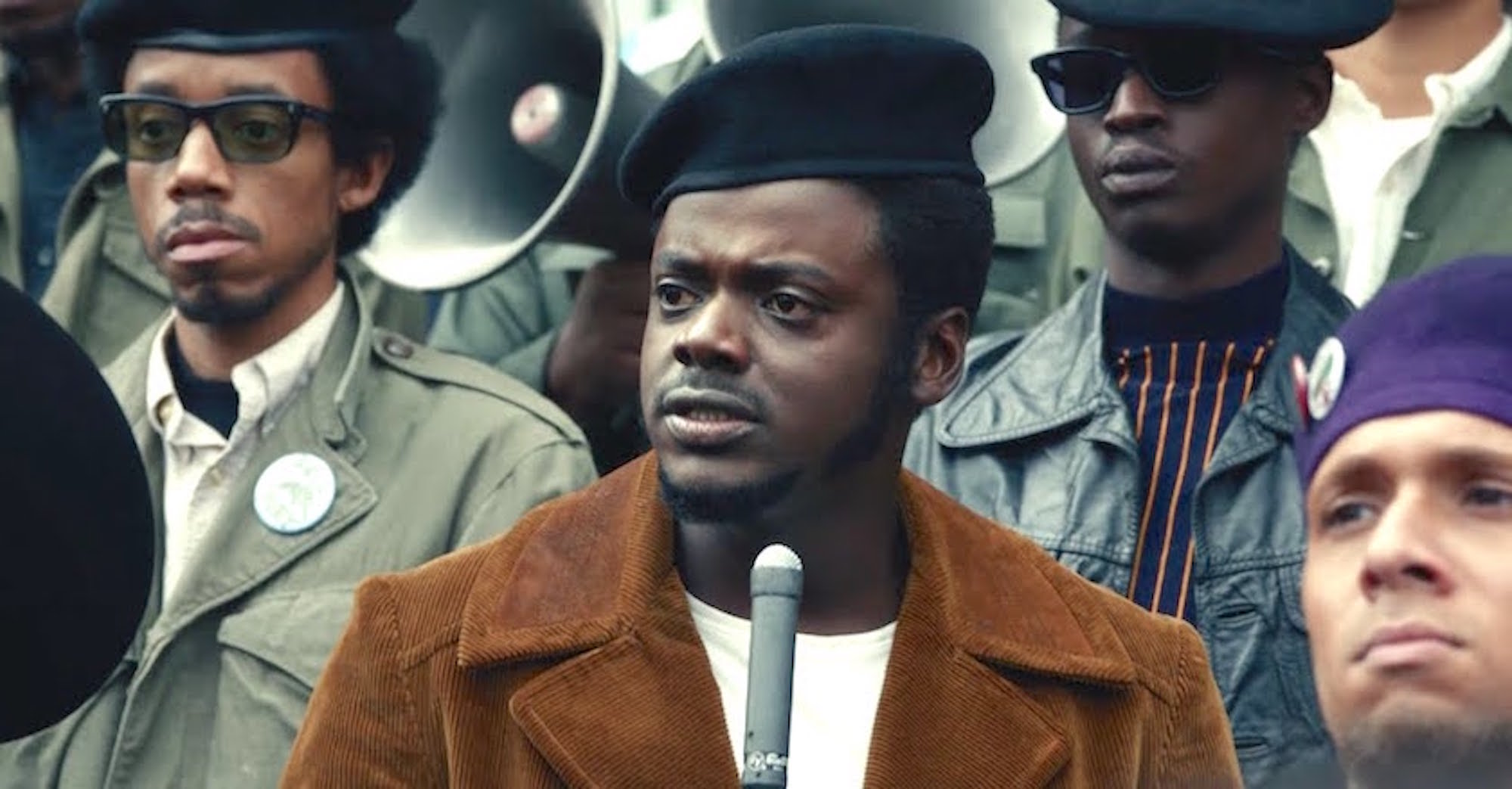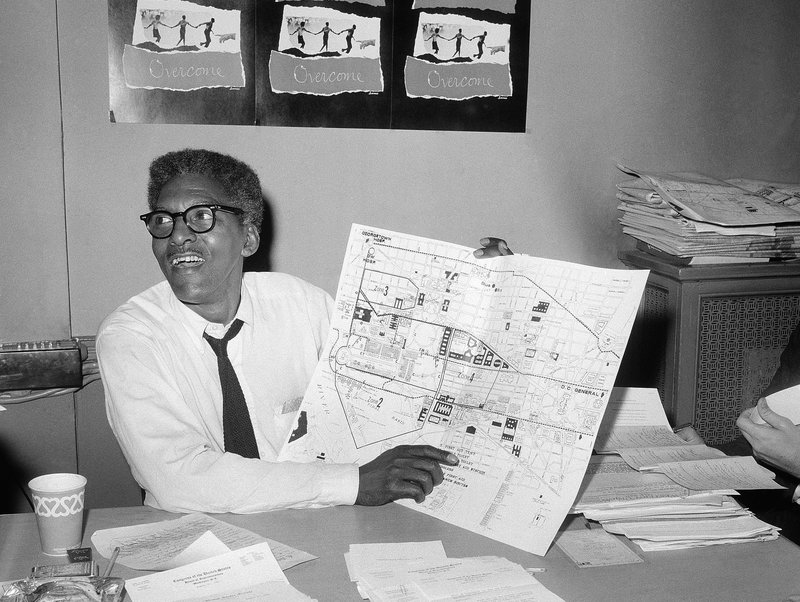
Sundance, Judas, Me and Black History
Being tasked with writing the Black History Month blog is no small feat, but first I have to address the elephant in the room. I am white. I grew up in Atlanta, Georgia in a small predominately white town just outside Atlanta’s city limits. I am proud of who I am, but I am also painfully aware of how little I know about Black History, specifically the Civil Rights Movement.
In celebration of Black History Month, we hosted two screenings of Judas and the Black Messiah and the Beyond Film virtual panel discussion as part of Sundance Film Festival 2021 in partnership with the Atlanta Film Society. By partnering with the Atlanta Film Society and The Plaza Theatre, Sundance brought 12 films to Atlanta.
Judas and the Black Messiah is a 2021 American biographical drama film about the betrayal of Fred Hampton, chairman of the Illinois chapter of the Black Panther Party in late-1960s Chicago, at the hands of William O’Neal an FBI informant.
The Beyond Film conversation gave us an opportunity to highlight excellence within our film community and feature Morehouse faculty. Panelists included Joe Carlos, David Wall Rice, Kors Vandiver and Avery O Williams.
Growing up in a white household, I was never exposed to leaders like Fred Hampton. As the film played, I was reminded of how much our society is still struggling with questions of race and systemic racism. Last year, I dove into films, articles and books that would further open my eyes to the challenges faced by the Black community. But after the screening, I knew I had to continue to explore the history of the Civil Rights Movement and the Black Panther Party.

During a recent visit to the National Center for Civil and Human Rights I learned about Bayard Rustin. Rustin was an American leader in social movements for civil rights, socialism, nonviolence, and gay rights. He organized and led a number of protests in the 1940s, 1950s, and 1960s, including the 1963 March on Washington for Jobs and Freedom. How could I have gone my entire event management career and not be exposed to the accomplishments of this man? His events had purpose and clear goals of inclusivity, while the main focus was on social justice and human rights issues.
As I become a stronger ally, it’s important that I am deliberate in seeking out films, books and experiences that accurately depict Black history. I am forever grateful for filmmakers who create thought provoking films like Judas and the Black Messiah that serve to educate and enlighten all of us. As we plan future festival events, we’ll continue to highlight such films, not just during Black History Month, but year-round.
Five Films to Watch This Month:
- Judas and the Black Messiah
- I Am Not Your Negro
- The Black Power Mixtape
- The Black Panthers: Vanguard of the Revolution
- The Death and Life of Marsha P. Johnson
Written by: Jenn Sapp, Event and Content Manager, Morehouse College Human Rights Film Festival
Visit Inside Morehouse for more engaging articles about Morehouse College.
